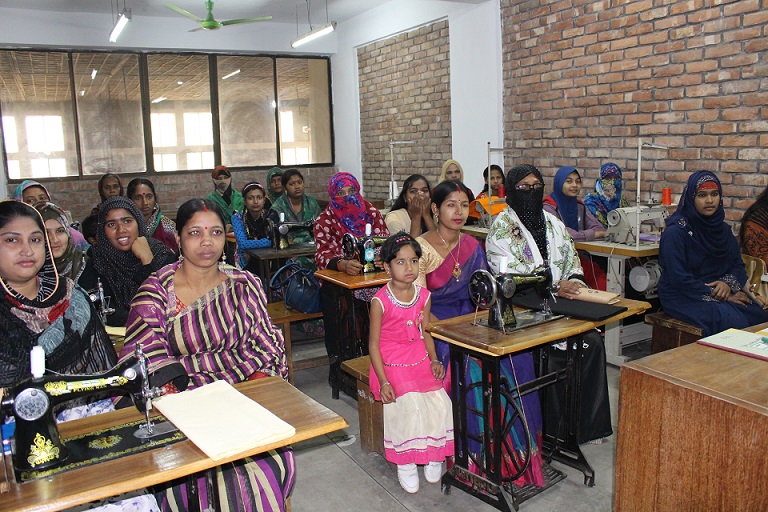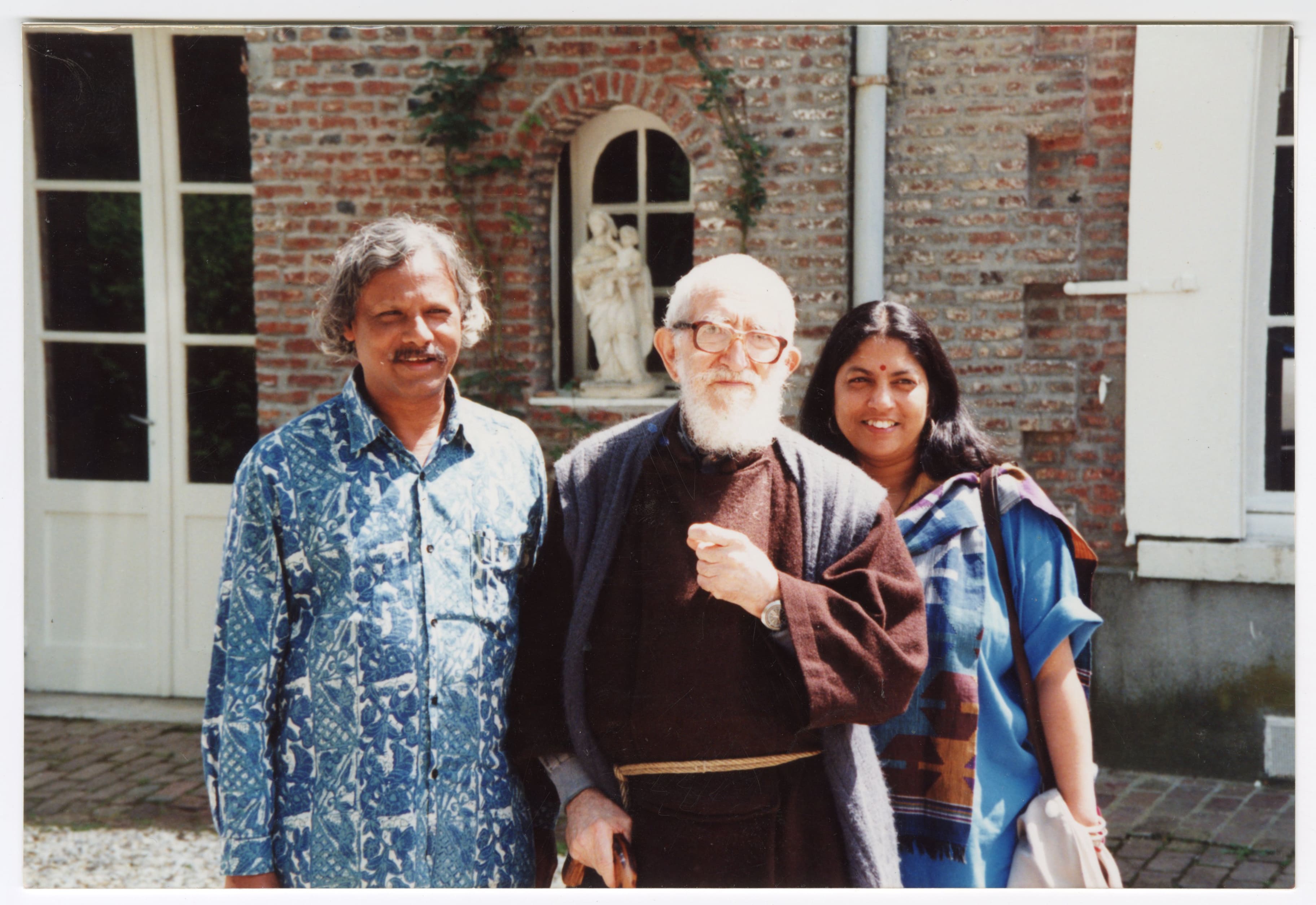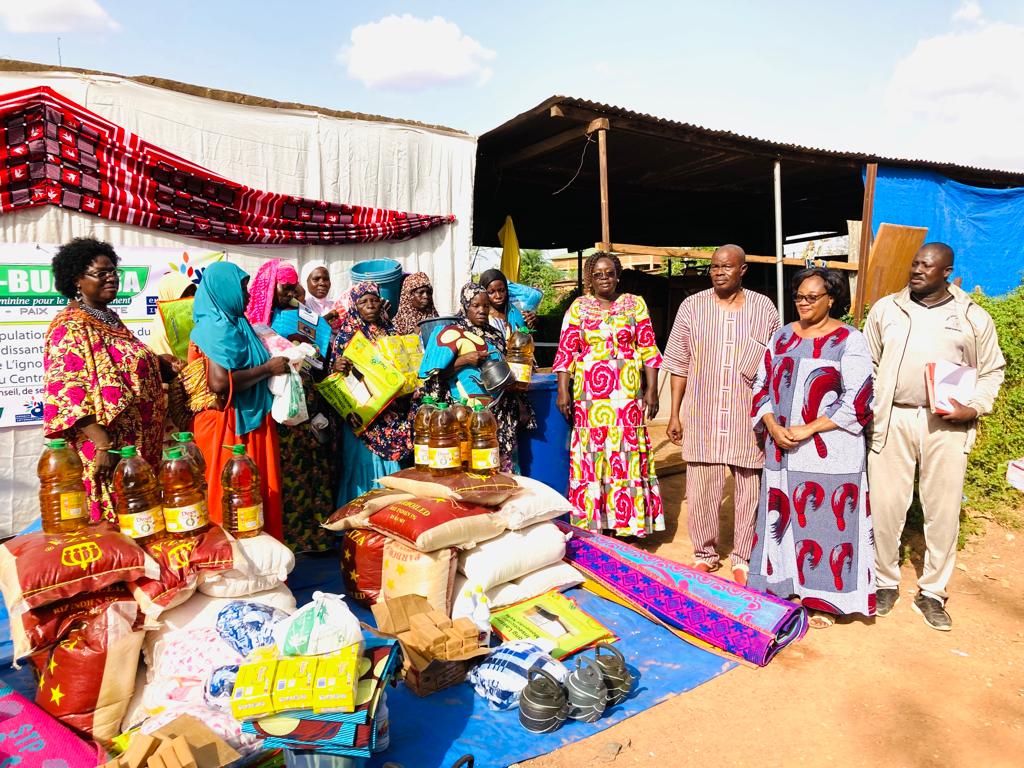“With the closing of trading places, markets, bars, shops and others […], the activities of women, this important link in the informal economy, have slowed down or even halted.”
![“With the closing of trading places, markets, bars, shops and others […], the activities of women, this important link in the informal economy, have slowed down or even halted.”](https://www.emmaus-international.org/wp-content/uploads/2022/03/William-1.jpg6239ba487ec3c20220322120008-1.jpg)
Based on research and his professional experiences, Kodzo AgbenyegaTsolenyanu, Executive Director of Emmaus MARS (Togo), provides his analysis of the position of women in the informal sector across the African continent, the impact of the pandemic on this sector, along with the responses from the Emmaus movement during this crisis period.
The informal sector in Africa is twofold: on the one hand, there are neighbourhood stalls that spill out onto the pavements, and, on the other hand, legally established shops run by shopkeepers who pay their taxes to the State.
In Africa, the informal sector always remains an invisible sector which is not controlled due to the diversity of its activities. The key stakeholders are essentially women: in the services sector, women tend to work as saleswomen, small retailers, chambermaids, hairdressers, laundresses, domestic helpers, etc. In the agricultural sector, they combine activities in other sectors, such as sales and producing crafts, with agricultural work. In some countries, women carry out extremely unstable seasonal work, with contracts that are for a limited period of time.
Status of women in the sector.
Migration to towns and cities, due to a lack of employment, makes life even more difficult for women. When the men go, women have to combine their multiple domestic tasks with cultivating the land and other additional informal work. Even when the women themselves leave, it is this “informal” work which enables them to meet the needs of their families, generally in hostile setting in large cities.
The State faces difficulties in organising this sector, despite efforts made, and in providing the appropriate funding. Only private financial institutions such as private banks and local micro-finance institutes remain active. Women are obliged to borrow money and to repay it with interest. As a result, women working in the informal sector are always on the ground, working at all times, in all seasons and under all circumstances to provide for their families. In Togo, the State has set up the FNFI (National Fund for Inclusive Finance) and ANADEB (National Agency for Grassroots’ Support). But merely 8% of informal workers have access to these two services.
The impact of COVID 19 on informal work
According to the International Labour Organisation (ILO), “To die from hunger or from the virus” is the all too real dilemma faced by many of those earning their living in the informal economy”.
Physical distancing measures and total or partial lockdown have led to the closure of trading places (markets, bars, shops and others) which are key to boosting the informal economy. Women’s activities have slowed down or halted. This crisis affects small enterprises and workers in the informal economy who are already facing a significant lack of decent work: insufficient, unpredictable and irregular income from work (particularly for women, but also for vulnerable people such as those with disabilities, migrants and refugees), lack of social security coverage, insufficient access to health care, lack of legal recognition of the employment relationship or the existence of their economic unit.
Women have been staying at home without any income since March, and are now facing difficulties in restarting their work. Sadness has gained ground in many families due to hunger and fear related to this pandemic. The economic activities of the local Emmaus groups who support women in the informal sector are suspended, once again as part of distancing measures.
Responses from the Emmaus movement for women in the informal sector
Based on its values, the Emmaus movement has developed its political voice around three struggles, including an ethical and solidarity-based economy. The actions under this struggle enable hundreds of women to live from their work, with the support of the African Emmaus groups.
When their business activities stopped, these women were able to benefit from social initiatives, along with financial, technical and material aid from local Emmaus groups and support to meet the basic needs of their families.
For example, in Togo, where Emmaus MARS helps women from rural backgrounds to set up farming and livestock groups in order to sell their agricultural processing products, these women and their families have received health kits and food parcels. These solidarity initiatives have enabled women in the informal sector to avoid the risk of exposure to the virus.
Kodzo Agbenyega TSOLENYANU
Executive Director of Emmaus MARS (Togo)


